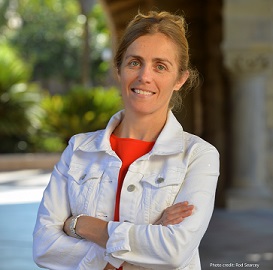Understanding China's Low Fertility in a Gender and Development Approach
Without a surge of new born babies after the Chinese government relaxed the 40-year-long strict one-child family planning policy in 2013 and 2015, the focus of debates regarding China’s declining fertility has shifted from policy to economic and social forces. Different from the mainstream demographers in China, we propose a gender and development approach to understand low fertility in post-reform China. During China's transition from the socialist planned economy to market economy, the old danwei system collapsed and the public and private spheres are increasingly separating, resulting in women's intensified work-family conflicts. Emphasizing on women's dual roles regarding material production and social reproduction, we argue that sustainable fertility, gender equality and economic development can either create a virtuous circle or be trapped in a vicious circle.
With a certain degree of gender equality in both the labor market and the private families, adult women can fully exert their talents at work which can both contribute to economic growth, and also empower them at home. This can help them realize their fertility desires. With unsatisfying or uneven gender equality in the two spheres, either some Chinese women can be pushed out of the labor market to have a second child, or young women may choose to focus on personal development, and postpone or forgo marriage/fertility. We also propose a multi-party-participation social mechanism to address the long term low fertility in China, encouraging individual men and women, family, business and government to all share the duty of social reproduction.












